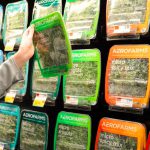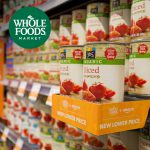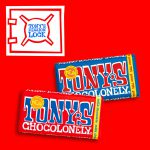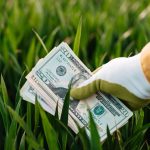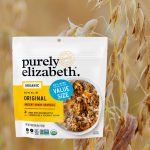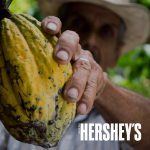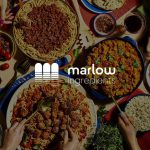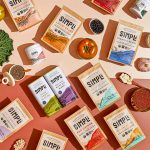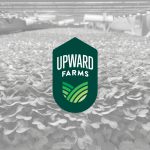Sustainability
Aerofarms Emerges “Fully-Funded” From Chapter 11 Filing
After filing for Chapter 11 bankruptcy in June, Aerofarms announced today it has restructured the organization to be “fully-funded” following the court’s approval of its asset purchase agreement.
Whole Foods: Impact Report Highlights Waste Reduction, Sustainable Sourcing
Whole Foods Market released its 61-page 2022 Impact Report on Tuesday, offering a detailed account of how the natural grocery chain has continued to reach its sustainability goals.
Tony’s Chocolonely Puts ‘Lock’ On Co. Mission, Gives Key To Seth Goldman
Tony’s Chocolonely is looking to set a new corporate standard that legally protects the values of mission-driven businesses.
The VC Playbook Won’t Work For Regen – So What Will?
Most regen food startups have pioneered their own sourcing networks, starting from the ground up to support seed-to-shelf regenerative agriculture systems – and these operations that take a bit of initial capital to get going. While venture money is already in short supply, it seems even harder to come by in this space.
Purely Elizabeth Goes Mad For Regen Ag, Launches Impact Program
Purely Elizabeth is ratcheting up its sustainability commitments with the launch of the first Regenerative Impact Program, created in partnership with farmer-focused nonprofit Mad Agriculture. The program was created via a three-year pilot partnership agreement between the two companies.
News Roundup: Hershey Invests In Social, Environmental Programs; Burcon Makes Bid For Merit
In this week’s roundup: Hershey invests in social, environmental supply chain programs in the Ivory Coast; Burcon makes a bid for Merit Functional Foods; Citibank issues new ESG warnings for beef, soy producers; and layoffs reach Tyson and Utz.
Citing ‘Urgent’ Climate Crisis, Quorn’s Parent Company Opens B2B Ingredient Division
U.K.-based Marlow Foods, owner of legacy plant-based meat alternative brand Quorn, announced this week the launch of a new division to begin selling its flagship mycoprotein ingredient to other food and beverage companies.
The Simpli Plan: How A “Diversification Model” Helped Launch A New Brand
Over the last three years, Simpli has established ingredient partnerships with Whole Foods, sweetgreen and Daily Harvest, among many other natural products players. But now, the company is taking significant strides toward establishing its own brand in the natural food space.
Upward Farms Closes “Infinitely Complex” Vertical Farming Operation
Vertical farming company Upward Farms announced last Thursday that it would be ceasing operations at its Brooklyn headquarters and will not be opening its large-scale production facility in Pennsylvania.
News Roundup: Mintel Report Finds Positive Consumer Sentiment For MSG; Nestle and Cargill Make $15M Regen Ag Investment
In this week’s roundup: A new report finds consumer perceptions of MSG are shifting, Nestle and Cargill invest $15 million into regenerative ag projects, Mila partners with Simu Liu, Faiir Initiative publishes warning for livestock producers and Last Crumb goes gluten-free.
